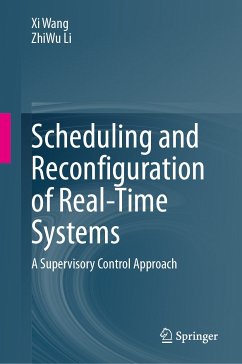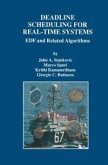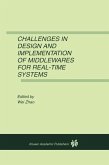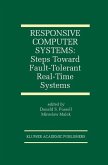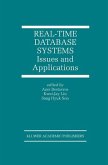As the main contribution, we use (untimed) DES events to represent the execution and preemption of each individual RTS task. This modelling formalism brings the possibilities to model the preemptions of tasks' executions. Furthermore, in some cases, priorities cannot be assigned to real-time tasks. In order to solve this problem, a matrix-based priority-free conditional-preemption (PFCP) relation is provided, which generalizes fixed-priority (FP) RTS scheduling. As a natural extension, a generalized modular modelling framework is presented to model the task parameters instead of the global real-time task. The modular models are taken to be generic entities, which also considers the exact execution time of real-time tasks. STS are undoubtedly recognized as a computationally efficient SCT framework which manages the state explosion problem significantly. Hence, building on the (untimed) modular RTS models, a novel STS-based RTS modeling framework is formulated, by assigning dynamic priorities as specified optimality criteria, which can be utilized to model sporadic RTS processing both sporadic and (multi-period) periodic tasks, providing a small set of the safe execution sequences which rank at the top.
Dieser Download kann aus rechtlichen Gründen nur mit Rechnungsadresse in A, B, BG, CY, CZ, D, DK, EW, E, FIN, F, GR, HR, H, IRL, I, LT, L, LR, M, NL, PL, P, R, S, SLO, SK ausgeliefert werden.

